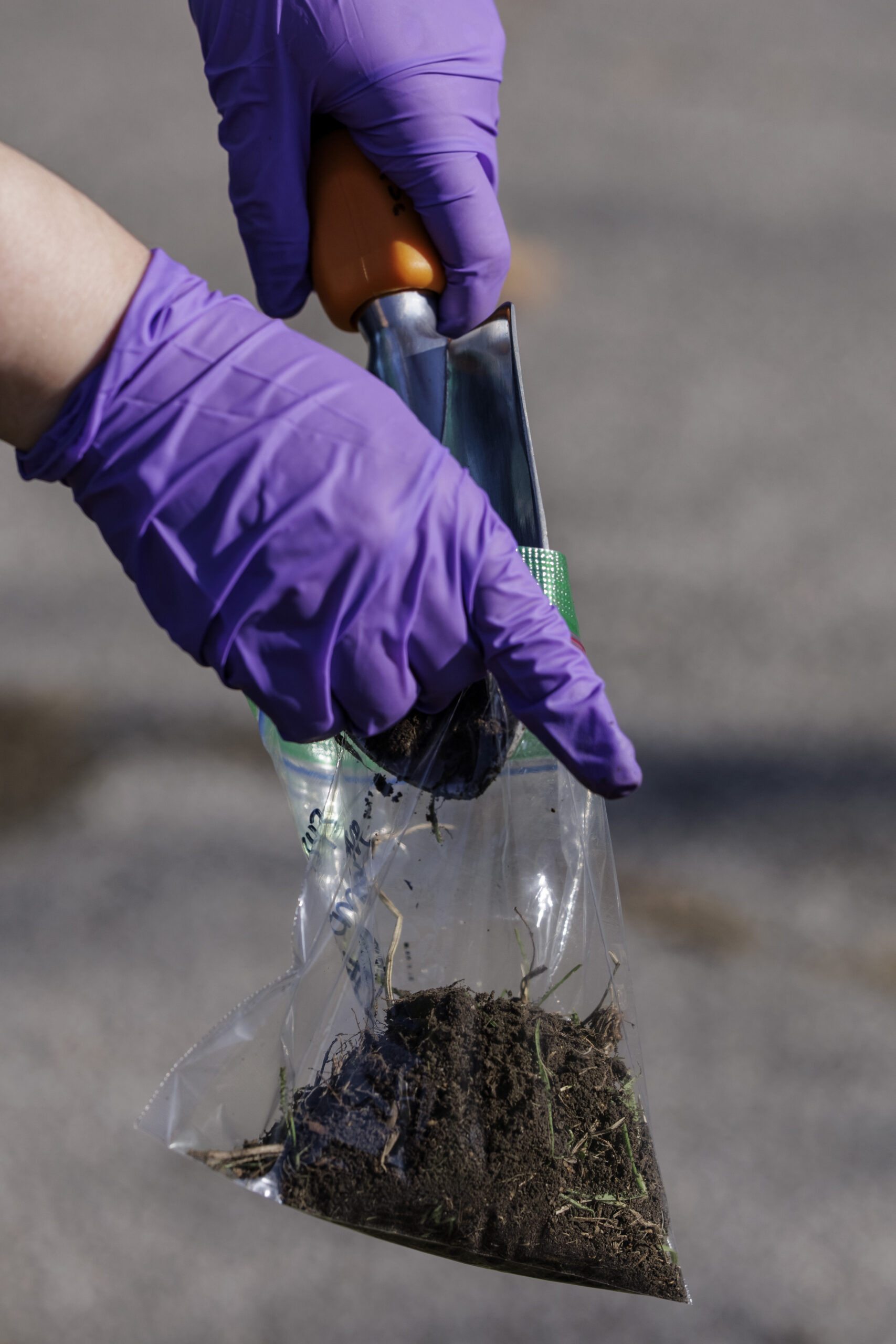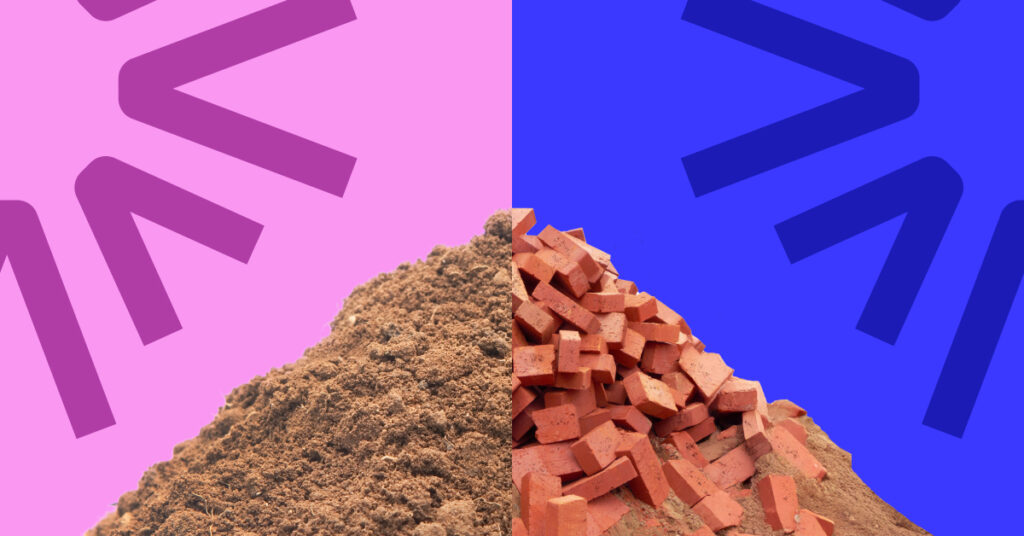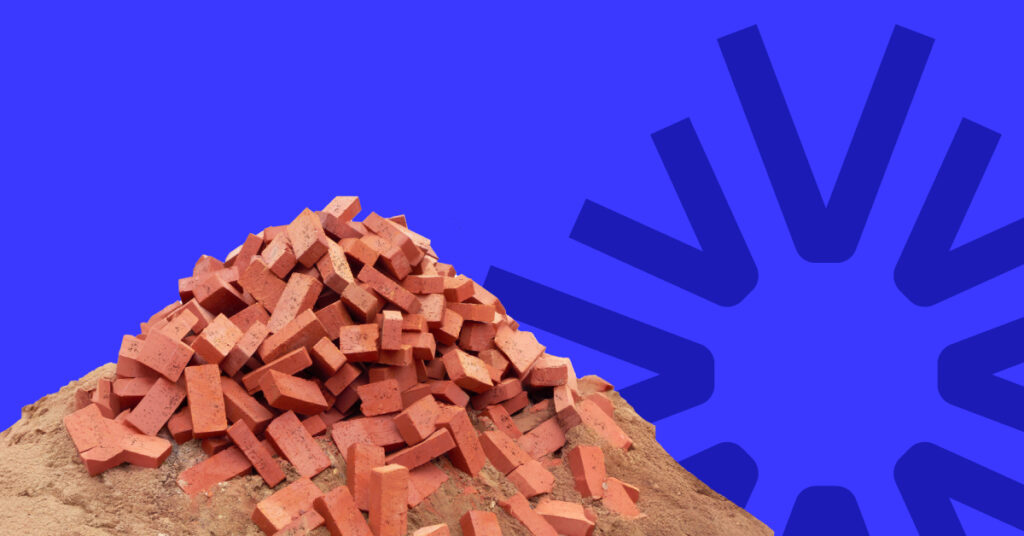Testing soil & air safety after St. Louis tornadoes
Evaluating the soil and air quality for contaminants to help St. Louis rebuild.
WashU Launched 2025
Share this page

Impact
Contaminant Level Evaluation and Analysis for Neighborhoods (CLEAN STL) is providing St. Louis residents with clear, reliable information about the safety of the air and soil in their homes, parks, and beyond to help them make informed choices as the community rebuilds.
Challenge
When the 2025 EF3 tornado tore through St. Louis, it destroyed more than 5,000 properties across 23 miles and displaced thousands of residents. St. Louisians were left wondering when it would be safe to return—and what toxins might be lingering in the tornado’s aftermath. With no organized testing in place, we’re stepping in to provide St. Louisians with the answers they need to rebuild safely.
$1.6 B in estimated property damage
Our plan
We’re launching the first soil and air testing program of its kind in St. Louis—bringing rapid, reliable data on tornado-related toxins straight to impacted neighborhoods. By engaging with community stakeholders, setting up local drop-off sites and streamlining lab analysis, CLEAN STL is making testing faster and more accessible—giving residents the tools they need to protect their health and communities.
Project Goals
Investigate current soil and air quality
Our efforts will reveal what toxins may have spread during the tornado—and how far-reaching the damage is.
Engage communities in meaningful conversations about public health
Our project prioritize the needs of our community, helping residents make informed decisions about their future as the city addresses the effort to rebuild.
Help residents stay informed and safe
Our health and safety guides will help people protect themselves and their loved ones from dangerous toxins, bringing much needed data to the conversations around next steps.
Approach
By working with community partners and combining on-the-ground sampling with lab analysis, we’re making soil and air testing easier to understand—and delivering clear results that support St. Louis’s recovery after the tornado.
Community engagement
Lab-based analysis
Public communication
The impact of our network
In St. Louis, WashU is bringing transparency and trust to the rebuilding efforts in response to tornado damage—offering community members free, science-based soil testing when they need answers most. The program builds on the proven model designed at USC, which helped Los Angeles neighborhoods test soil after January’s catastrophic wildfires. Now, through the Public Exchange network, our connected efforts are sharing methods, data, and momentum—showing how universities can partner with each other and communities to deliver real-time science and needed answers to rebuild safely.

